BBC's The Green Planet 'boosted UK economy by £7.4m'
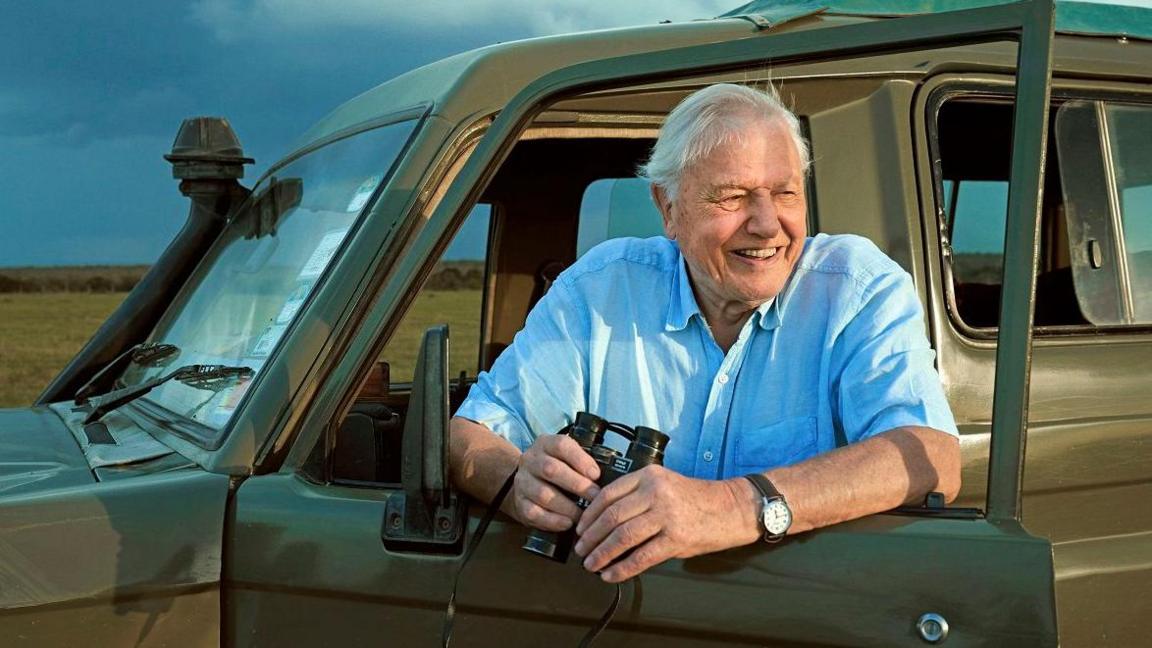
Sir David Attenborough narrated The Green Planet
- Published
The BBC Natural History Unit's (NHU) The Green Planet boosted the country's economy by £7.4m, the broadcaster has revealed.
It also said the unit, based in Bristol, contributed to the city's economy as well as its "media boom".
Up to 44% of television production in the city was made by the NHU in 2022, driven by shows such as Planet Earth III, Frozen Planet II, Dynasties II, and Mammals.
The BBC said it shows its "passion" for making shows outside of London.
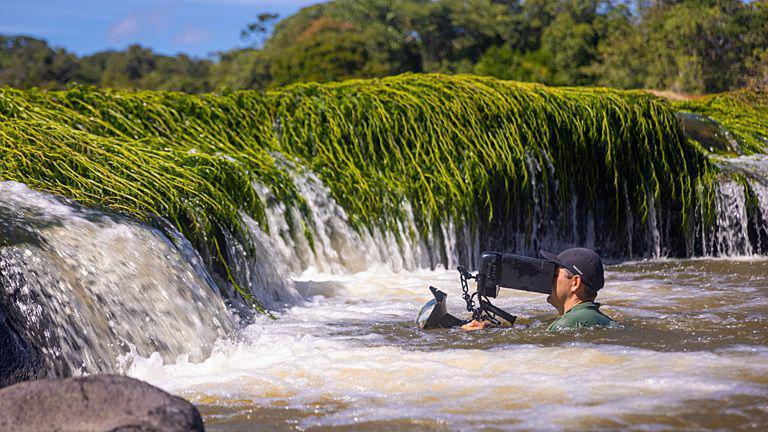
The show was filmed across 127 countries
The NHU has been producing natural history programmes from the heart of Bristol for 67 years, with other shows such as Countryfile and Antiques Roadshow also based in the city.
The BBC Bristol Economic Impact Report said the city's creative sector grew by 74% in the five years to 2020, thanks in part to the "presence of a major broadcaster [the BBC]” in the region, according to the academics at the University of the West of England, Bristol.
The report also said the BBC is the largest employer in Bristol's growing TV and film industry, making up 45% of production roles in 2022.
More than 75% of natural history commissions saw additional investment from a third party, meaning for every £1 the BBC invested, £1.86 was invested by another firm, the report added.
The Green Planet, which was produced in Bristol but filmed across 27 different countries, contributed £7.4m to the UK economy, with the report saying the majority would have benefited Bristol and its supply chain, with the show supporting 50 full time jobs.
Additionally, Wild Isles, produced by Bristol-based Silverback Films for the BBC, supported 80 full-time jobs and contributed up to £9m into the UK economy.
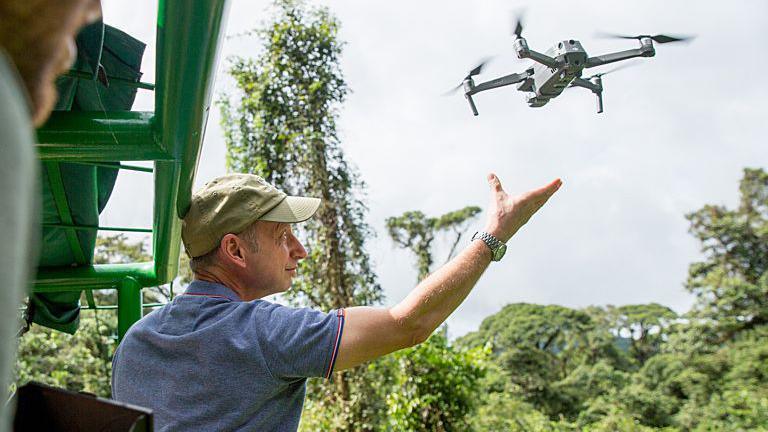
The Green Planet was produced in Bristol
Jonny Keeling, head of BBC Studios Natural History Unit, said: "Bristol is home to the best wildlife filmmakers in the world.
"It’s the global hub of natural history production, and programmes produced here have reached hundreds of millions of people in all corners of the planet.
"Quite simply, content made in Bristol has inspired a global audience to love and understand the natural world.
"It’s transformed the way an entire generation view and interact with the nature."
'The gold standard'
Steph Marshall, BBC senior head of content production for the West and South West, said: "Bristol is an important part of the BBC's global mission, to inform, entertain and engage for the digital age.
"The BBC Studios Natural History Unit in the city has achieved ground-breaking technological innovation, unearthed new discoveries, and set the gold standard for all-natural history programming worldwide.
"Bristol rightfully deserves its reputation as a leader in the industry, and this report proves the BBC's passion to further boost production outside London."
- Published11 February 2024
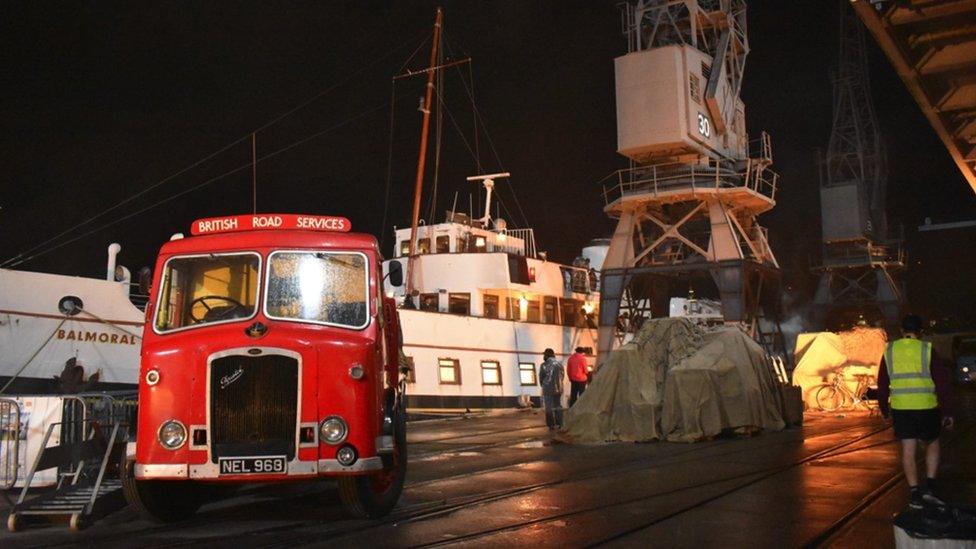
- Published24 April 2024

- Published5 March 2024
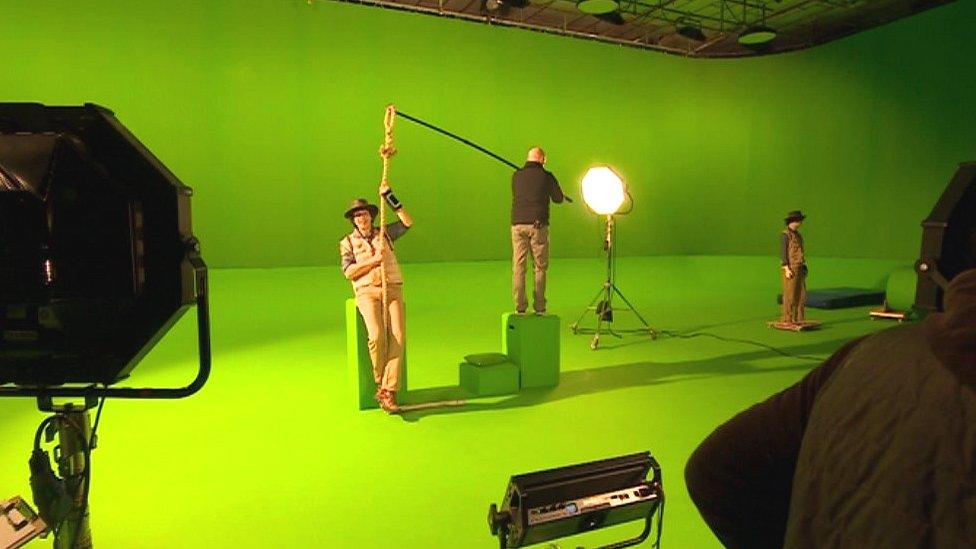
Related Internet links
- Attribution
- Attribution